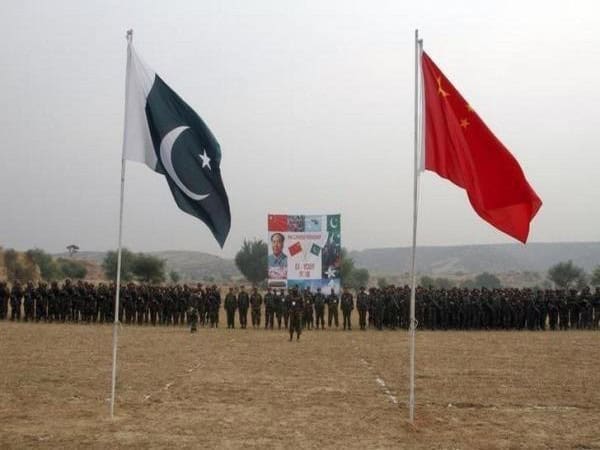The dramatic expansion of Beijing’s power — including economic, military and political — over the last few decades has significantly altered equations between China and other major powers including the US. The power imbalance is even more pronounced between China and its neighbours. It is reflected in how China deals with India and Pakistan.
India has struggled to come to terms with this growing imbalance in recent years. Pakistan’s problems with China are bigger, given its economic weakness, and could not be masked during Prime Minister Imran Khan’s visit to China over the weekend. While there were no big apparent gains for Khan during the trip, he had to make a bow to Chinese concerns.
Consider for example, Khan’s urgent priority on securing China’s fiscal support to tide over the massive balance of payments crisis that he has inherited. In his first trip abroad to Saudi Arabia a few days ago, Khan had secured funding worth $6 billion from Riyadh. If he was looking for a similar announcement from Beijing, there was none forthcoming in the public. On the controversial China-Pakistan Economic Corridor, Khan had to retreat from his earlier criticism of CPEC projects and the promise to “review” them.
The joint statement issued in Beijing expressed “satisfaction” at the progress so far and declared “complete consensus on the future trajectory of CPEC”. Whatever concerns Pakistan might have on China’s reported ill-treatment of the Muslim population in Xinjiang, or East Turkestan as it often called, there was no question of Khan raising it in Beijing, in private or in public. He had to offer, instead, a ringing endorsement of China’s efforts on “safeguarding its sovereignty and security, and combating separatism, terrorism and extremism including East Turkistan Islamic Movement (ETIM)”.
In return, China seemed to offer words of comfort to Pakistan on Kashmir by emphasising the importance of resolving “long-standing issues” in the Subcontinent. In a reference to the Masood Azhar case, Beijing joined Khan in criticising India for trying to politicise the UN process of designating terrorists. It praised Pakistan’s efforts to combat terrorism, and called on the international community to ease the potential threat of sanctions under the guidelines of the Financial Action Task Force.
It also promised to support Pakistan’s entry into the Nuclear Supplier Group. If India had any expectations that China would become a little more neutral on issues between Delhi and Islamabad after the Wuhan summit, there was little to cheer from the joint statement. Islamabad too is beginning to figure out that for all the talk of an “all weather partnership”, China will set the terms of the relationship and Pakistan has no choice but to go along. If India and Pakistan can’t stop their mutual bickering, their respective leverages with a rising China will continue to diminish.

